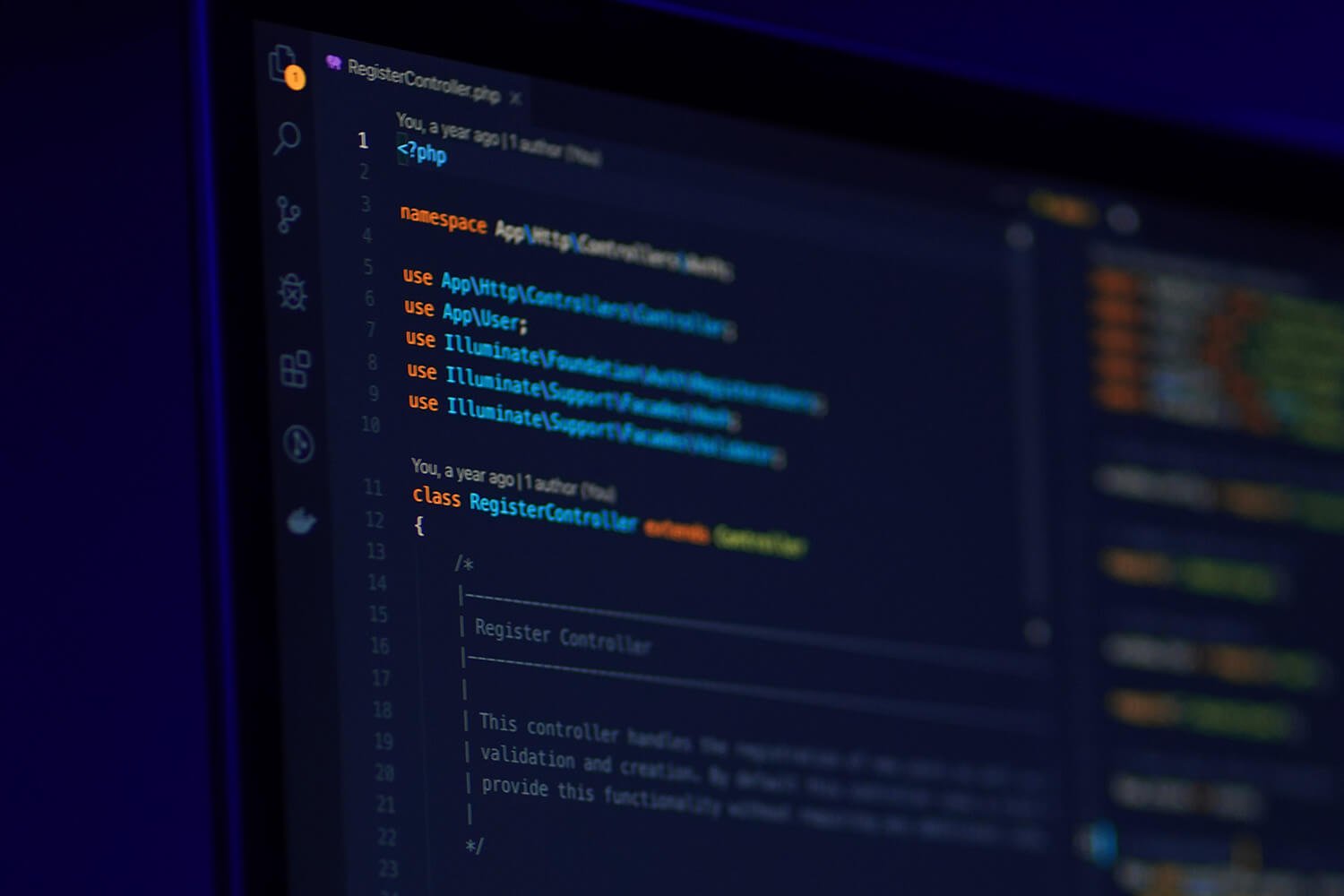PHP is pivotal to powering WordPress websites, so it stands to reason that updating this programming language is crucial
in maintaining optimum site upkeep and security. Improvements in newer PHP versions typically mean better performance
and enhanced safety measures. But as with all upgrades, there are possible downsides to consider. Issues such as plugin
or theme compatibility, deprecated functions, or memory limitations can result in malfunctioning or collapsed websites.
To combat these problems post-upgrade, we have devised practical solutions in this article. By recognizing the
likelihood of any complications and applying the right remedies ahead of time, your website will continue to run
smoothly even after a PHP upgrade.
1. Plugin and Theme Compatibility
Complications surrounding PHP upgrades are a common occurrence when using WordPress’ plugin and theme functionalities.
Some older versions of these add-ons may not be compatible with an updated version of PHP as they were originally intended for different specifications altogether; hence unexpected site behavior or malfunction might ensue after
upgrading without adequate preparation.
To avoid such mishaps altogether, ensure you’ve updated each plugin/theme on time while keeping track of their
specific programming language requirements along the way before going ahead with a new PHP update process. Don’t forget
to check if there are any relevant developer updates that address PHP compatibility.
2. Deprecated Functions
One challenge that often arises during a PHP upgrade involves deprecated functions. These are older features that have
been surpassed by more recent updates within the language itself; therefore, their continued use within a web-based
project may result in faults or issues arising down the line.
The best way to avoid such difficulties is through updating all associated coding so as to implement contemporary
function alternatives whenever possible. By carefully reviewing existing scripts for problematic elements and upgrading
them accordingly, you can ensure seamless operation for your website throughout the entire upgrade process.
3. Memory Limitations
Upgrading PHP may bring about some challenges related to limited system resources, especially RAM availability. There
is a possibility that PHP will require more resources than it used to operate optimally, which can lead to slow-loading
pages and error messages if there isn’t sufficient RAM available on the web hosting platform. To remedy these issues,
you could increase the amount of physical RAM assigned per each request/visitor/allotment, optimize for better
performance with modifications in code quality, or employ caching tools like a content delivery network (CDN).
Conclusion
Upgrading the PHP on your WordPress website can bring about beneficial improvements – but beware of potential
challenges along the way! Fortunately though, with just a little preparation, many common obstacles encountered when
upgrading PHP versions can be quickly resolved. To ensure the smoothest transitioning possible, check for plugin &
theme compatibility, update deprecated functions to avoid errors, and address memory limitations as PHP versions can
consume more memory. However, if issues persist thereafter, working with a skilled WordPress developer or hosting
provider can help provide the needed support to get your website back on track.



